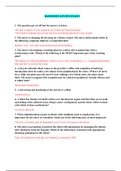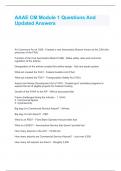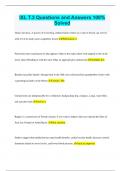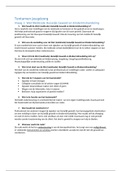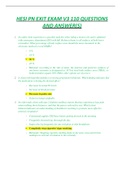Samenvatting
Summary Crisis of Democracy (all articles)
- Instelling
- Universiteit Utrecht (UU)
This document is a summary of all the articles you have to study for the mid-term of Crisis of Democracy, given as an elective in the third year.
[Meer zien]







